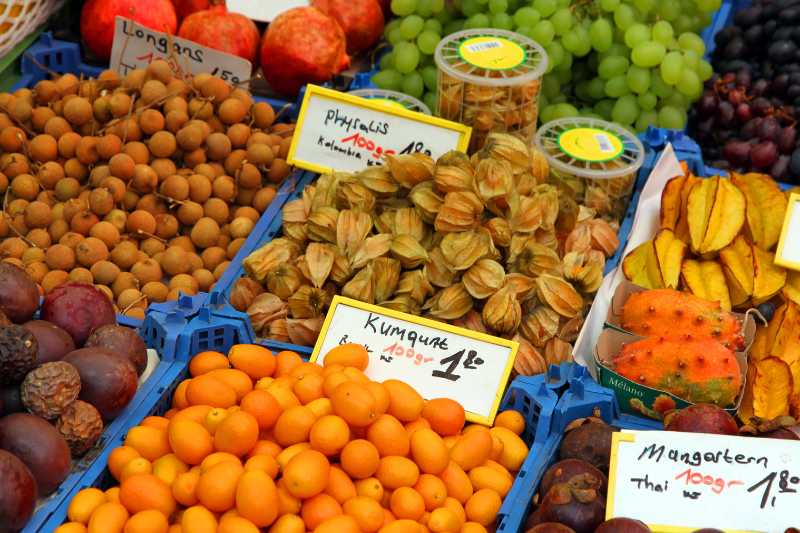Question
In many countries nowadays, consumers can go to a supermarket and buy food produced all over the world. Do you think this is a positive or a negative development?Model Answer
Much of what we eat has been imported from a foreign country, often travelling thousands of miles to reach the supermarket shelf. Some people argue that it would be better if people bought fresh produce that had been grown locally. Whilst I have some sympathy with this point of view, I feel that it is a complex issue that needs to be looked at on a case-by-case basis.
The main argument against importing food is an environmental one. Transporting food from one country to another requires the burning of fossil fuels and results in the release of harmful carbon dioxide into the atmosphere. Environmentalists are especially concerned about the transportation of fruit and vegetables by aeroplane. They argue that the harm done to the environment is not justified when similar food is available from local farms.
However, food travelling long distances is not necessarily bad for the environment. Transportation is only one factor when calculating a food's carbon footprint. For example, the meat industry in New Zealand can leverage the country's abundance of water, available pasture, and solar energy to limit greenhouse gas emissions. Therefore, despite being transported from the other side of the world, Antipodean lamb sold in the UK is the greener option.
In conclusion, I do not think we can simply say that all food should be produced locally. This does not take into account the complexity of food production in a globalised economy. Nevertheless, consumers should pay attention to where food is produced and make informed decisions where possible.
(257 words)
